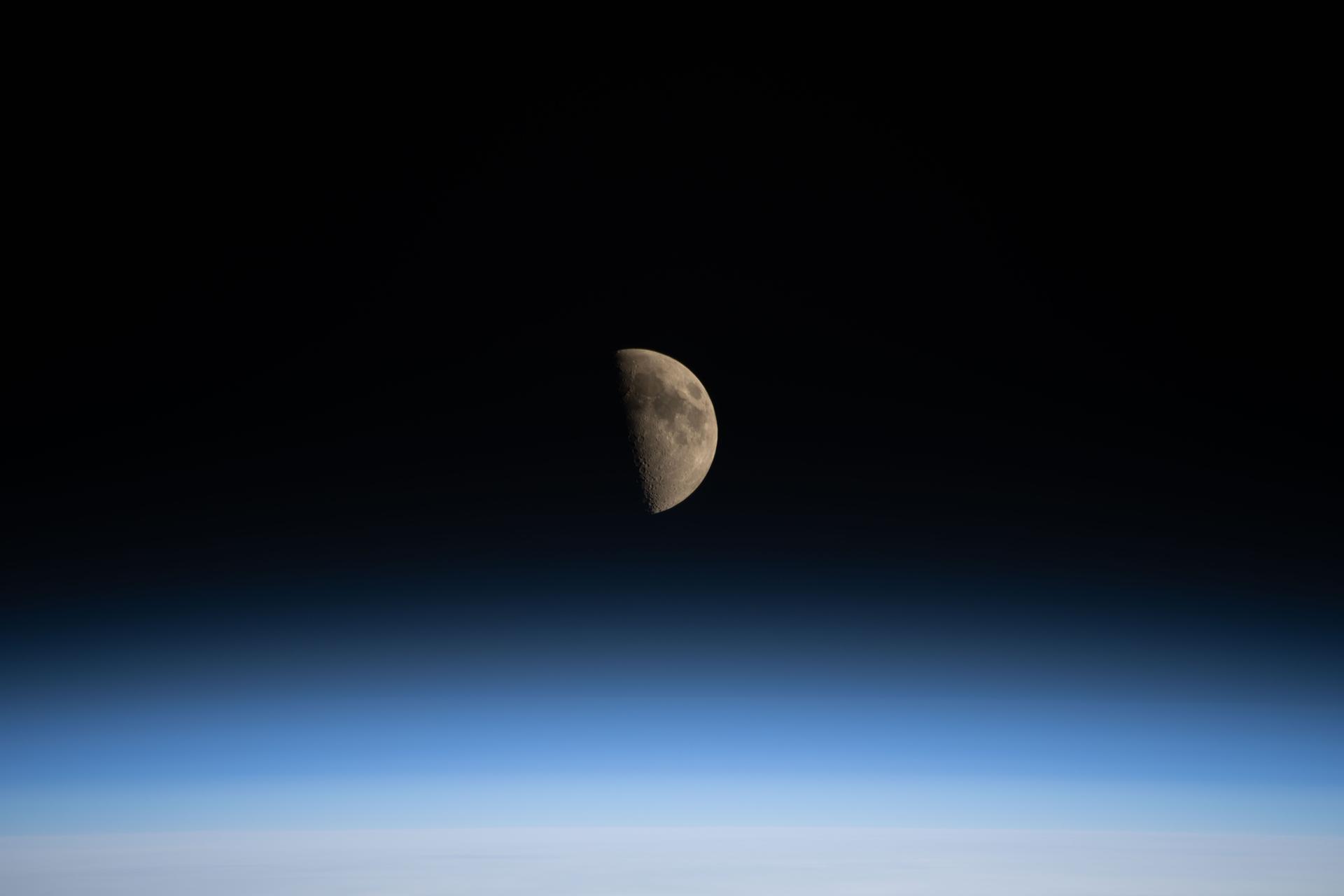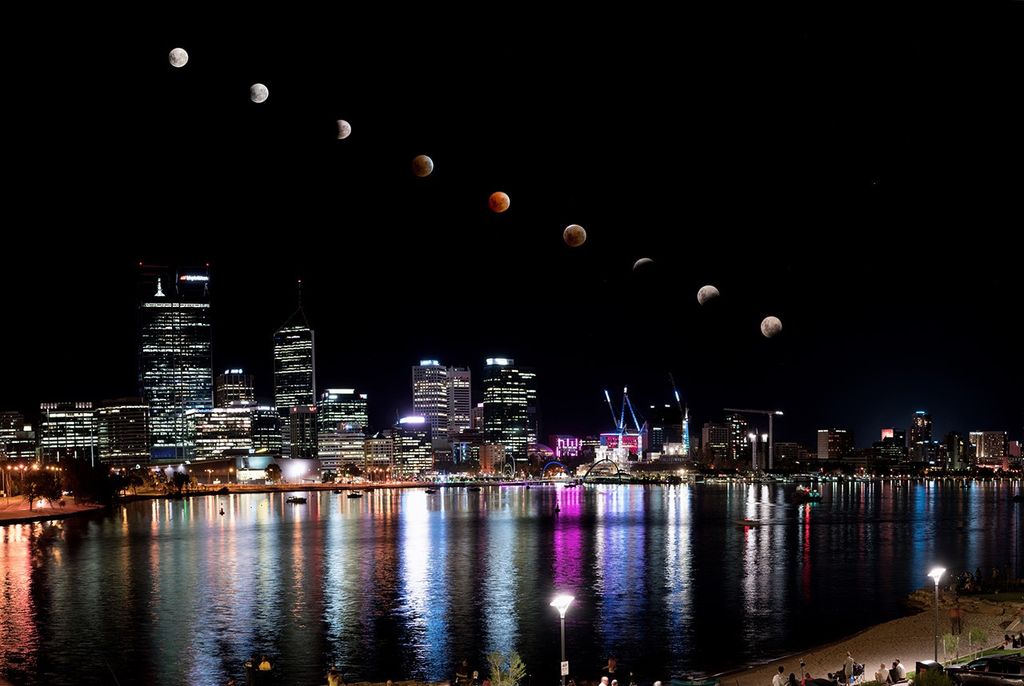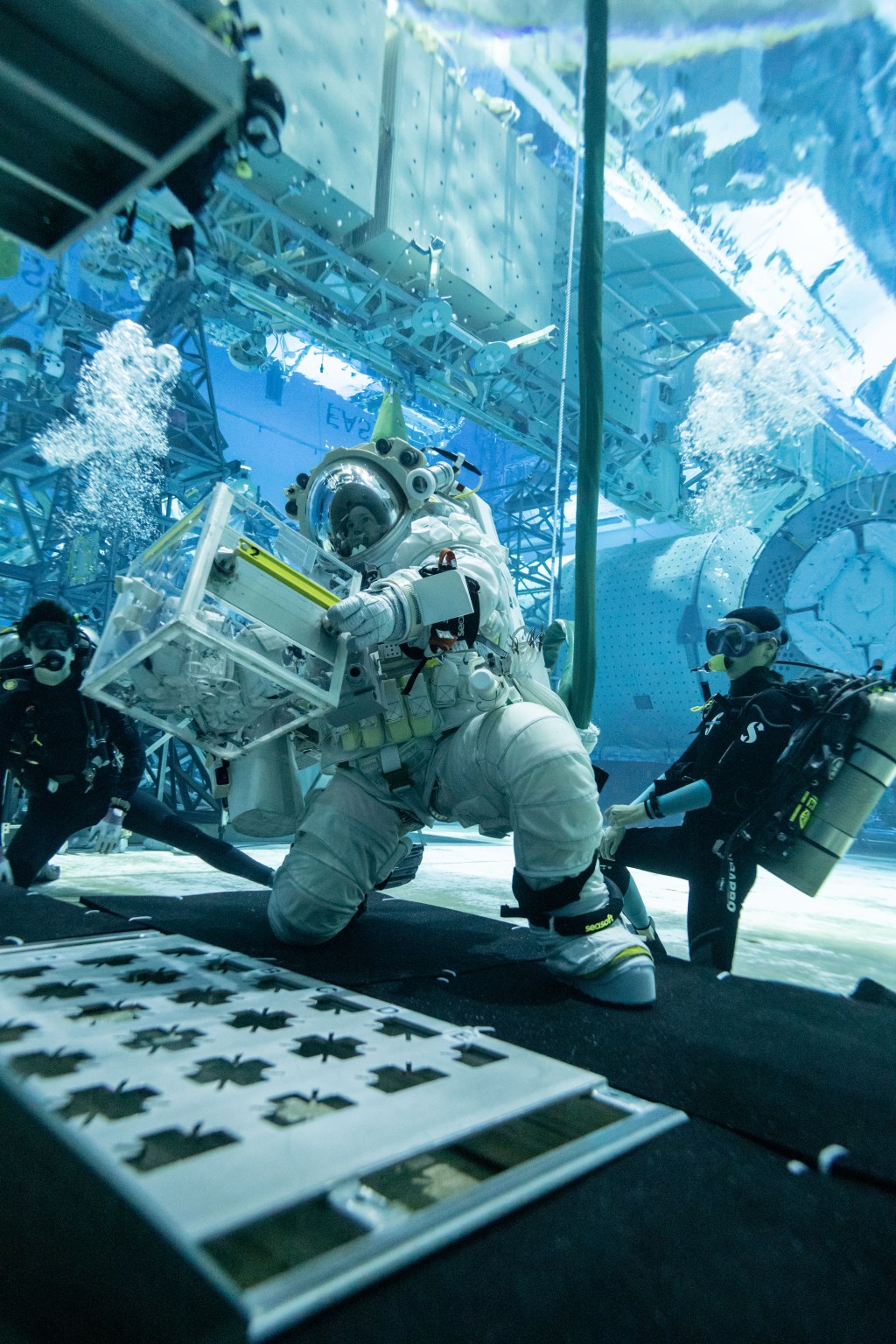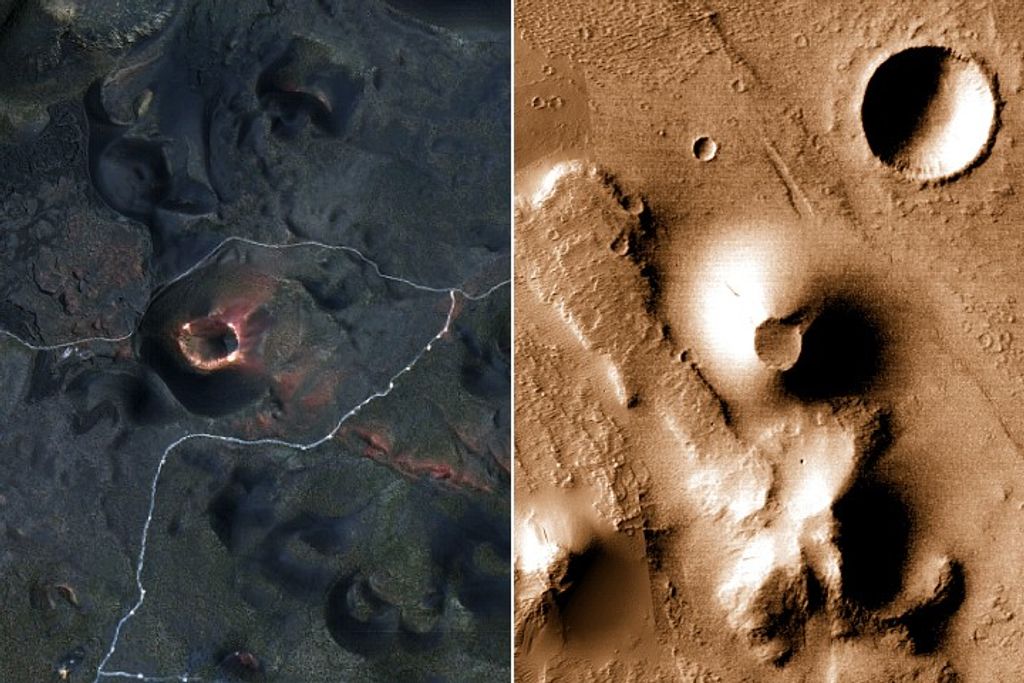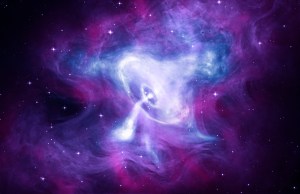
NASA Missions Study the Crab Nebula
A new composite image of the Crab Nebula features X-rays from Chandra (blue and white), optical data from Hubble (purple), and infrared data from Spitzer (pink). Chandra has repeatedly observed the Crab since the telescope was launched into space in 1999. The Crab Nebula is powered by a quickly spinning, highly magnetized neutron star called a pulsar, which was formed when a massive star ran out of its nuclear fuel and collapsed. The combination of rapid rotation and a strong magnetic field in the Crab generates an intense electromagnetic field that creates jets of matter and anti-matter moving away from both the north and south poles of the pulsar, and an intense wind flowing out in the equatorial direction.
Image Credit: X-ray: NASA/CXC/SAO; Optical: NASA/STScI; Infrared: NASA-JPL-Caltech
- X
https://science.nasa.gov/image-detail/a-new-composite-image-of-the-crab-nebula-features-x-rays-from-chandra-optical-data-from-hubble-and-infrared-data-from-spitzer-3/
Image CreditX-ray: NASA/CXC/SAO; Optical: NASA/STScI; Infrared: NASA-JPL-Caltech
Size1024x665px

